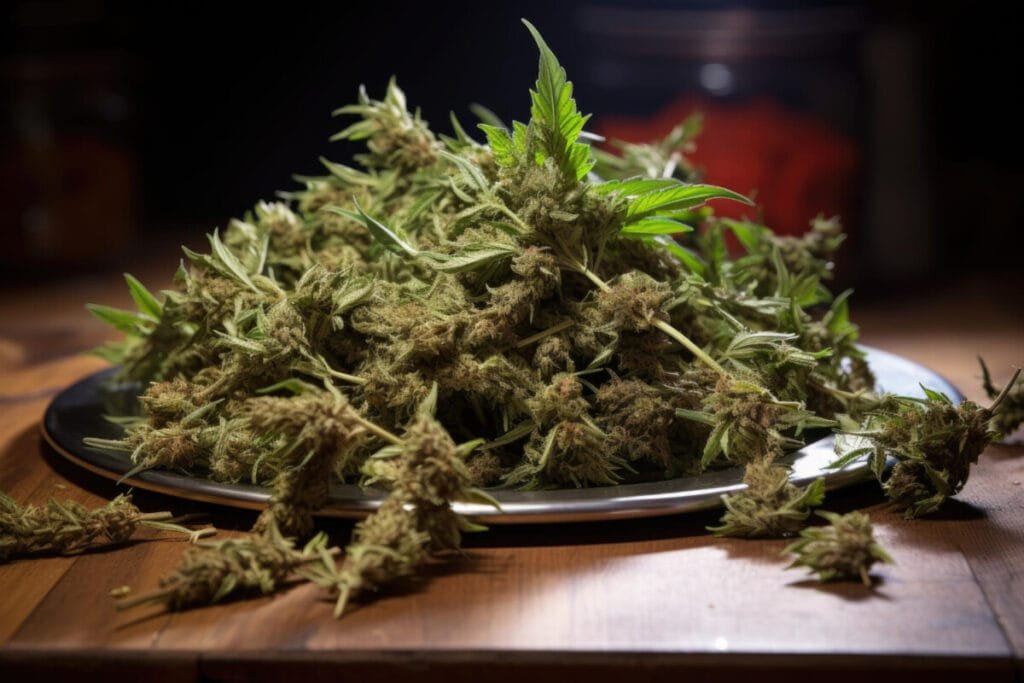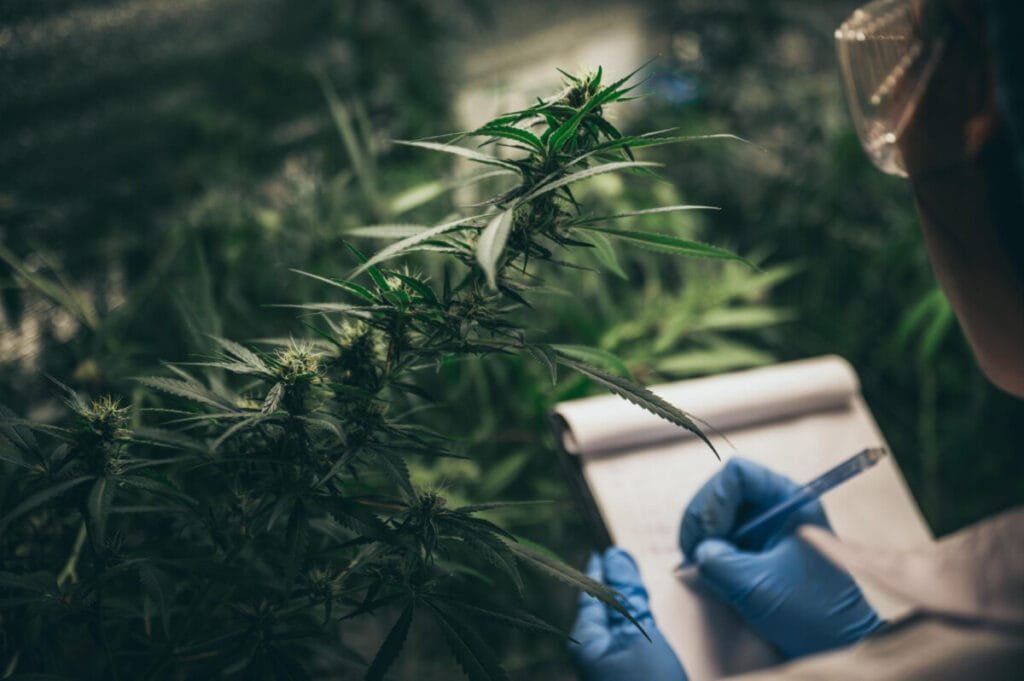The cannabis businesses has seen exponential growth in recent years, fueled by increasing legalization and societal acceptance of cannabis for both medicinal and recreational use. However, this burgeoning industry faces significant legal challenges that complicate its expansion and operation. These challenges arise from a complex web of federal and state laws, international regulations, banking restrictions, and issues related to intellectual property and product safety. Understanding these legal hurdles is crucial for businesses and stakeholders navigating the cannabis sector.
1. Federal vs. State Law Conflicts in cannabis businesses
One of the most significant legal challenges facing the cannabis industry in the United States is the conflict between federal and state laws. While many states have legalized cannabis in some form, it remains classified as a Schedule I substance under the Controlled Substances Act at the federal level. This classification places cannabis in the same category as heroin and LSD, deeming it illegal for all purposes under federal law.
This discrepancy creates a host of problems for cannabis businesses operating in states where it is legal. For instance, businesses may be subject to federal prosecution despite complying with state regulations. Additionally, the federal illegality of cannabis restricts these businesses from accessing traditional banking services, as banks fear potential federal penalties. This forces many cannabis businesses to operate on a cash-only basis, increasing the risks of theft and financial management challenges.

2. Banking and Financial Services in cannabis businesses
Due to federal restrictions, cannabis businesses struggle to access banking and financial services. Most traditional banks, credit unions, and payment processors are hesitant to work with cannabis companies because they risk violating federal money laundering laws. As a result, many cannabis businesses operate without bank accounts, making it difficult to manage finances, pay employees, and handle large transactions.
The Secure and Fair Enforcement (SAFE) Banking Act, which aims to protect banks that provide services to cannabis-related businesses, has been introduced in Congress multiple times but has yet to be passed into law. Until federal legislation changes, the cannabis industry will continue to face significant financial hurdles.
3. Intellectual Property Issues
Another legal challenge is the protection of intellectual property (IP) within the cannabis industry. Because cannabis is illegal under federal law, cannabis businesses cannot obtain federal trademarks for their products. This limitation forces businesses to rely on state-level trademarks, which are not as robust as federal protections and only apply within the state where they are registered.
This lack of federal trademark protection makes it difficult for cannabis companies to build brand recognition and protect their products from counterfeiting and infringement. Additionally, navigating the complex landscape of state-level trademark laws can be challenging, especially for companies operating in multiple states.
4. International Trade and Regulations
As the global cannabis market grows, companies looking to expand internationally face a variety of regulatory challenges. Different countries have varying laws regarding the cultivation, sale, and export of cannabis, creating a fragmented regulatory environment. Businesses must navigate these varying regulations, which can be time-consuming and costly.
Furthermore, the international trade of cannabis is heavily restricted due to its classification as a controlled substance under international drug control treaties. This limits the ability of cannabis companies to import and export products, hindering their ability to scale globally.

5. Product Safety and Quality Control
Ensuring product safety and quality control is another critical legal challenge for the cannabis industry. With varying state regulations and a lack of federal oversight, there is no uniform standard for testing cannabis products for contaminants, potency, and consistency. This inconsistency can lead to significant risks for consumers and legal liabilities for businesses.
Some states have implemented strict testing and labeling requirements, but the lack of nationwide standards creates a patchwork of regulations that companies must navigate. As the industry continues to grow, there is increasing pressure to establish comprehensive federal guidelines for product safety and quality control.
Conclusion
The cannabis industry is poised for continued growth, but its path forward is fraught with legal challenges. From navigating the conflict between federal and state laws to dealing with banking restrictions, intellectual property issues, and international regulations, businesses in the cannabis sector must be vigilant and adaptable. Addressing these legal hurdles is essential for the long-term success and stability of the industry.
Interesting articles
The Evolution of Cannabis Legalization with a Global Perspective


